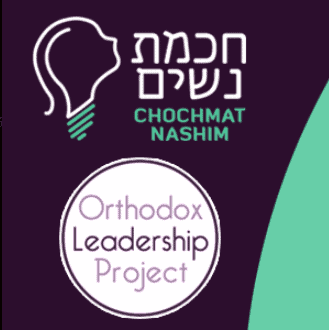Which one verse in the Torah summarizes what Judaism is all about? A midrash quoted in the Ein Yaakov offers several different answers to this question. Ben Zoma suggests, “Shema Yisrael,” the basic statement of faith said every day. Ben Nanas maintains that “Love your neighbor as yourself” is a more inclusive verse, encompassing all of the values of interpersonal relationships. But Shimon ben Pazi says that the pasuk that sums it up the best is Exodus 29:39, where we are commanded to bring the korban tamid, the daily offering, once in the morning and once in the afternoon. At first glance, this is a shocking suggestion — how could one possibly suggest that this mitzvah encompasses everything?
In Parshat Terumah, we begin the detailed description of the building of the Mishkan (the Tabernacle) and all of its vessels. The main event in the Mishkan was the offering of the korbanot, the sacrifices offered on the altar, some for special occasions and some brought as part of the daily routine. The korban tamid was brought twice every day without fail — weekday or Shabbat, holiday or fast day, rain or shine. What is the message of this korban that makes it so central to Judaism, according to Shimon ben Pazi?
